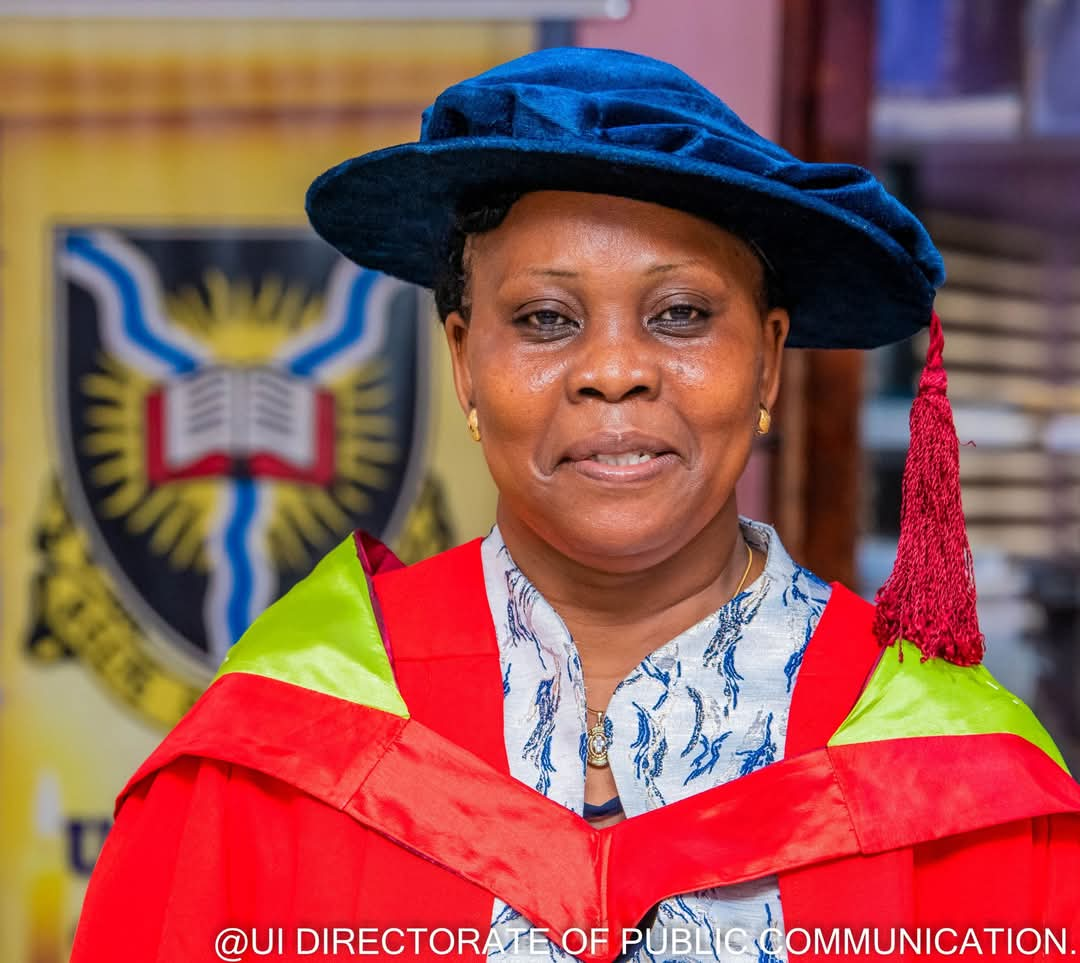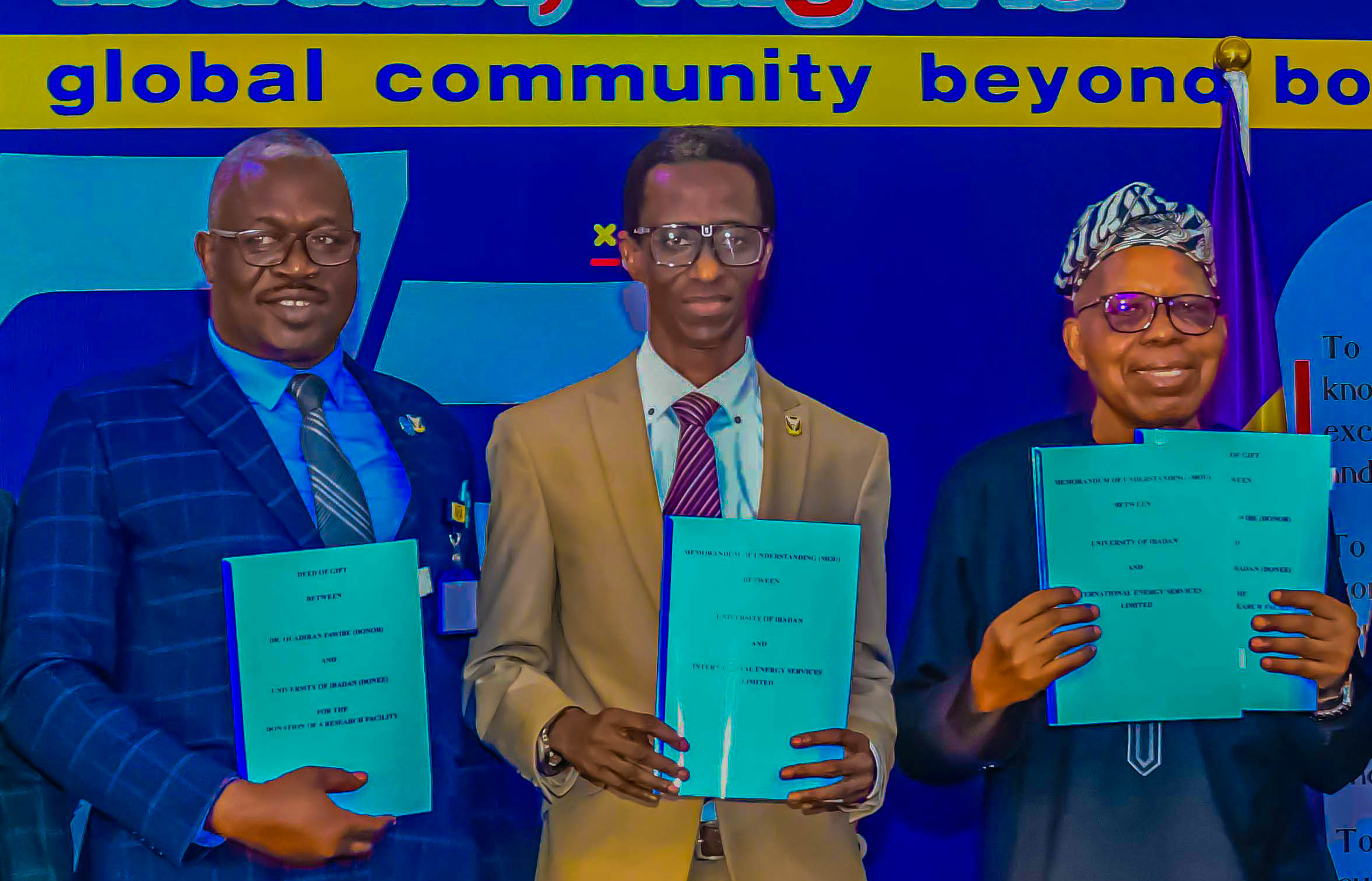
UI Don Calls for robust research on public health
UI Don Calls for robust research on public health
By Fly Cable News
A Professor of Veterinary Public Health in the Faculty of Veterinary Medicine, University of Ibadan, Professor Victoria Olusola Adetunji has called on research institutions and other stakeholders in the education sector to consider the need to promote/encourage one health approach in research across departments, faculties and other relevant sectors to have a more robust research output and create a significant impact on quality lifestyle and general wellbeing of the citizens.
She made the call while delivering the 577th Inaugural Lecture of the University of Ibadan on behalf of the Faculty of Veterinary Medicine.
The lecture was entitled, “The Three Adversaries: The Voyage of a Public Health Veterinarian.”
Professor Adetunji submitted that multisectoral research is more likely to attract grants.
She described the three adversaries of her lecture as bacteria, biofilm, and antibiotic resistance pointing out that the Public Health Veterinarian is an important part of the team that could make valuable contributions to disease epidemiology and control.
According to the Don, there is a strong need to emphasise the need for stringent regulations on veterinary medicines in food for animals to prevent toxic antibiotics residues in commercially produced animal products.
She recommended alternative growth promotion methods, such as adding digestive enzymes and products to animal feed and improving biosecurity measures.
Prof. Adetunji pointed out that Antimicrobial Resistance (AMR) research to date has failed to consider the complex sociocultural behaviours and roles that can hinder implementation research outcomes in terms of uptake, acceptability and sustainability.
She, however, concluded that gender and equity lens can improve the implementation of context-specific AMR interventions to enhance project uptake, acceptability, sustainability, and support of equity.
Speaking further on the AMR effort, Professor Adetunji raised the need for the Nigerian government to develop sustainability plans to ensure continued engagements, interventions, and research efforts directed towards containment when international support dwindles.
According to the Lecturer, most of the resistance genes and plasmids circulate through food, hence, there is an urgent need for the government of Nigeria, NGOs and other relevant stakeholders to invest in awareness campaign programmes among the hard-to-reach and often educationally disadvantaged individuals, such as livestock producers and product processors who engage in indiscriminate use of antibiotics.
The inaugural lecture was the twenty-seventh and the last in the series of inaugural lectures for the 2023/2024 academic session.














Post Comment